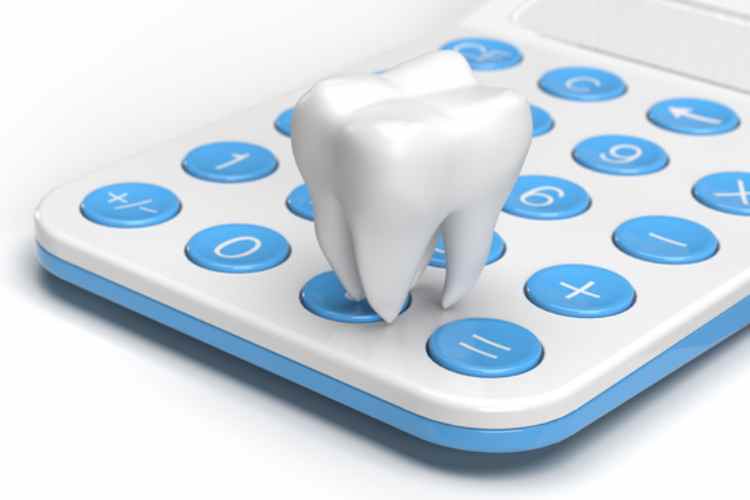Dental insurance is an essential part of maintaining good oral health. It helps cover the cost of dental procedures, such as cleanings, fillings, and root canals. However, many people need clarification about why medical insurance doesn’t cover dental care. Learn the reasons behind this, the importance of dental insurance, and alternatives to traditional insurance plans before heading to your local dental clinic.
Overview of Medical Insurance Coverage
Medical insurance is designed to cover the cost of medical treatments for injuries and illnesses. It typically covers doctor visits, hospital stays, and prescription medications. However, dental care is not usually included in medical insurance plans. It can be confusing for people who assume that all healthcare needs are covered by their insurance.
Reasons Why Medical Insurance Doesn’t Cover Dental
There are several reasons why medical insurance doesn’t cover dental care. One of the main reasons is that dental care is considered a separate area of healthcare. It requires specialized training and equipment, which makes it more expensive than general medical care. Additionally, many dental procedures are elective or cosmetic, so they are not considered medically necessary.
Another reason medical insurance doesn’t cover dental care is that dental problems are often preventable with proper oral hygiene. Medical insurance is designed to cover the cost of treatments for illnesses and injuries that are out of the patient’s control. Dental problems, on the other hand, can often be prevented with regular brushing, flossing, and dental checkups.
The Importance of Dental Insurance
Even though medical insurance doesn’t cover dental care, it’s still important to have dental insurance. Dental procedures can be expensive, and without insurance, many people may be unable to afford necessary treatments. Additionally, regular dental checkups can help catch problems early, saving patients money in the long run.
Alternatives to Dental Insurance
If you can’t afford traditional dental insurance, there are alternative options. One option is a dental savings plan, similar to a membership program. Members pay a yearly fee and receive discounts on dental procedures. Another option is a dental discount card, which offers discounts on dental services for a monthly fee. Another alternative to traditional dental insurance is a health savings account (HSA). HSAs are designed to help people save money for healthcare expenses. Contributions to an HSA are tax-deductible, and the money can be used to pay for dental procedures.
Understanding Dental Clinic Services
Dental clinics offer various services, including cleanings, fillings, extractions, and root canals. They also provide cosmetic procedures, such as teeth whitening and veneers. Before choosing a dental clinic, it’s important to research their services and read reviews from other patients. You should also ensure that the clinic accepts your insurance plan or offers affordable payment options. After all, you want to ensure you can get the dental care you need that works for your income.
How to Choose the Right Dental Insurance Plan
Choosing the right dental insurance plan can be overwhelming. There are many factors to consider, including the plan’s cost, the coverage provided, and the network of dentists available. When choosing a plan, it’s important to consider your specific dental needs and budget. You should also research the insurance company’s reputation and read reviews from other customers.
Tips for Maximizing Dental Insurance Benefits
How can you get the most out of your dental insurance plan? There are several tips to keep in mind:
- Make sure you understand your plan’s coverage and limitations.
- Schedule regular dental checkups to catch problems early.
- Consider preventative treatments, such as fluoride and sealants, often covered by insurance.
- Make sure you choose an in-network dentist with your insurance plan to avoid out-of-pocket expenses.
Affordable Dental Care Options
If you don’t have dental insurance, there are still affordable options for dental care. Many dental clinics offer payment plans or sliding scale fees based on income. Some non-profit organizations provide free or low-cost dental services to low-income individuals and families. It’s also worth checking with local dental schools, which often offer discounted services provided by dental students.
In conclusion, while medical insurance doesn’t cover dental care, it’s still important to prioritize your oral health. Dental insurance can help make dental procedures more affordable, but there are also alternative options to consider. By understanding your options and taking preventative measures, you can maintain good oral health without breaking the bank.

